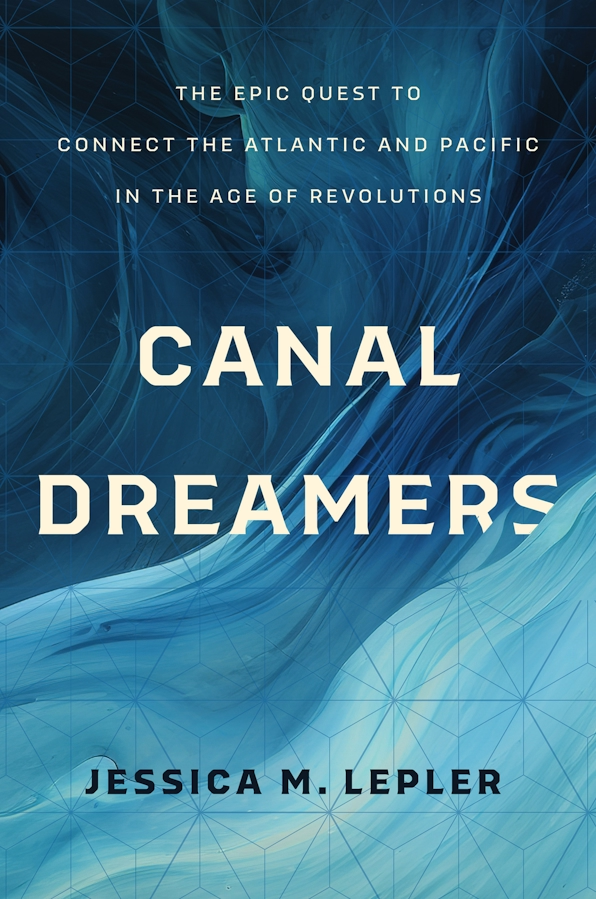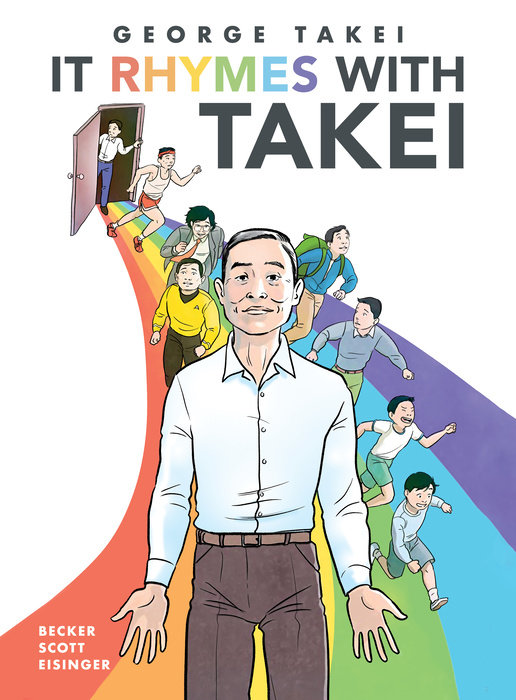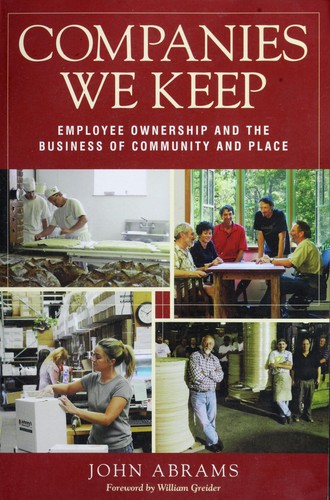Aaron reviewed Zone One by Colson Whitehead
Zone One
3 stars
I confess that I would not normally pick up a book about zombies, but I'm working my way through Whitehead's corpus, and here we are. Whitehead's normal verbal pyrotechnics are on full display here -- the random people that emerge as zombies over the course of the novel, as well as the apocalyptic landscape, give Whitehead plenty of opportunity to demonstrate his descriptive prowess and sense of humor. The world he imagines seems internally coherent, and we follow one character (called Mark Spitz) as he attempts to navigate the horrific world that has emerged in the wake of a cruel plague. Whitehead delivers a twist late in the novel that forced me to reconsider all of Mark's previous interactions and my assumptions about him and his actions ... but on the whole I would not say that this is Whitehead's strongest work, and I can't imagine returning to this novel …
I confess that I would not normally pick up a book about zombies, but I'm working my way through Whitehead's corpus, and here we are. Whitehead's normal verbal pyrotechnics are on full display here -- the random people that emerge as zombies over the course of the novel, as well as the apocalyptic landscape, give Whitehead plenty of opportunity to demonstrate his descriptive prowess and sense of humor. The world he imagines seems internally coherent, and we follow one character (called Mark Spitz) as he attempts to navigate the horrific world that has emerged in the wake of a cruel plague. Whitehead delivers a twist late in the novel that forced me to reconsider all of Mark's previous interactions and my assumptions about him and his actions ... but on the whole I would not say that this is Whitehead's strongest work, and I can't imagine returning to this novel again.















